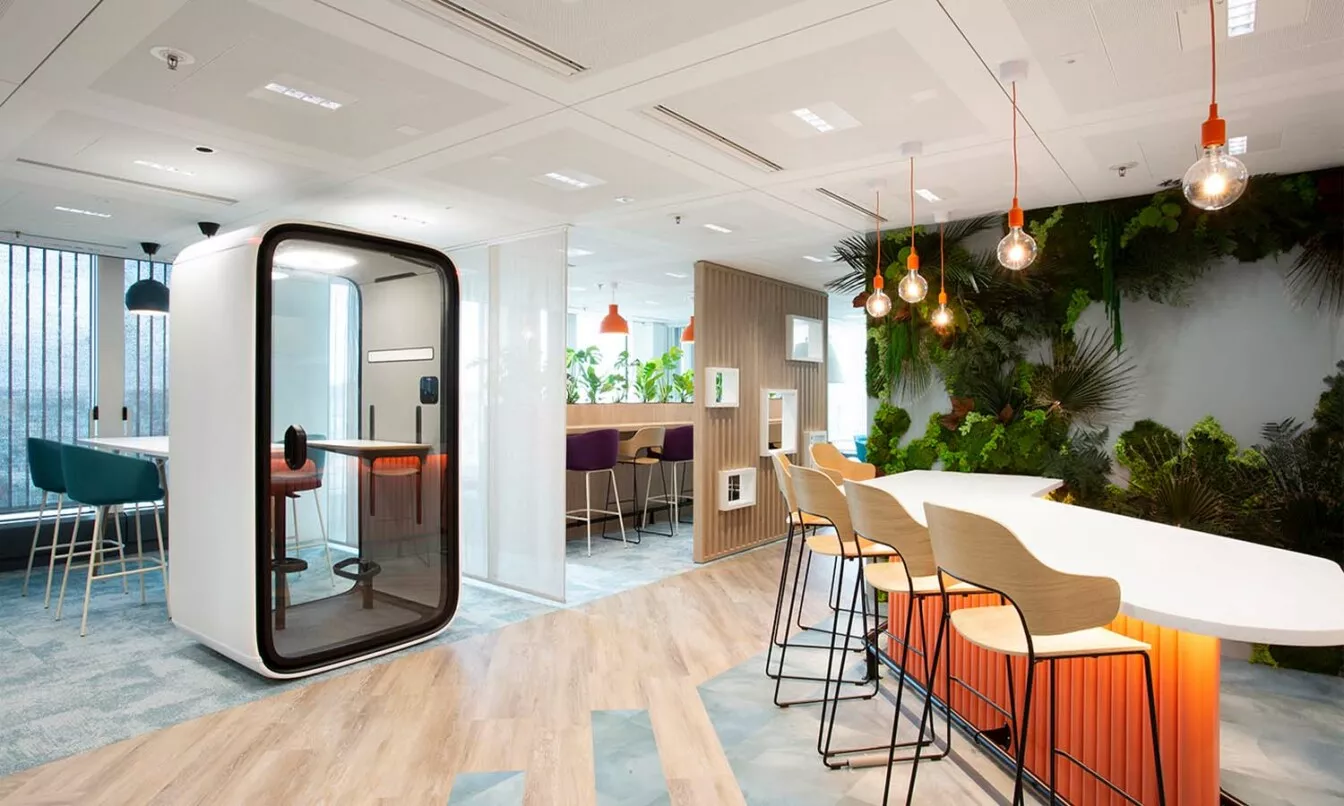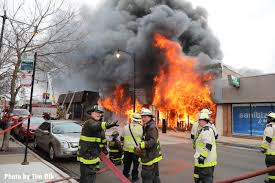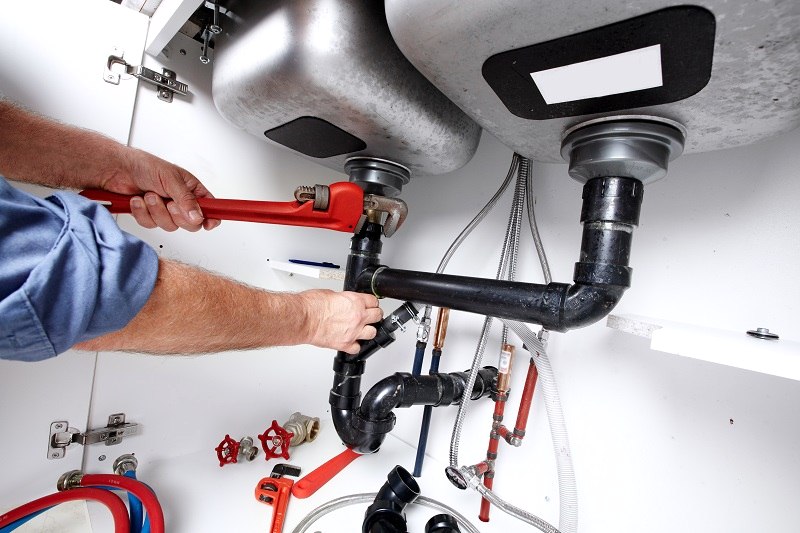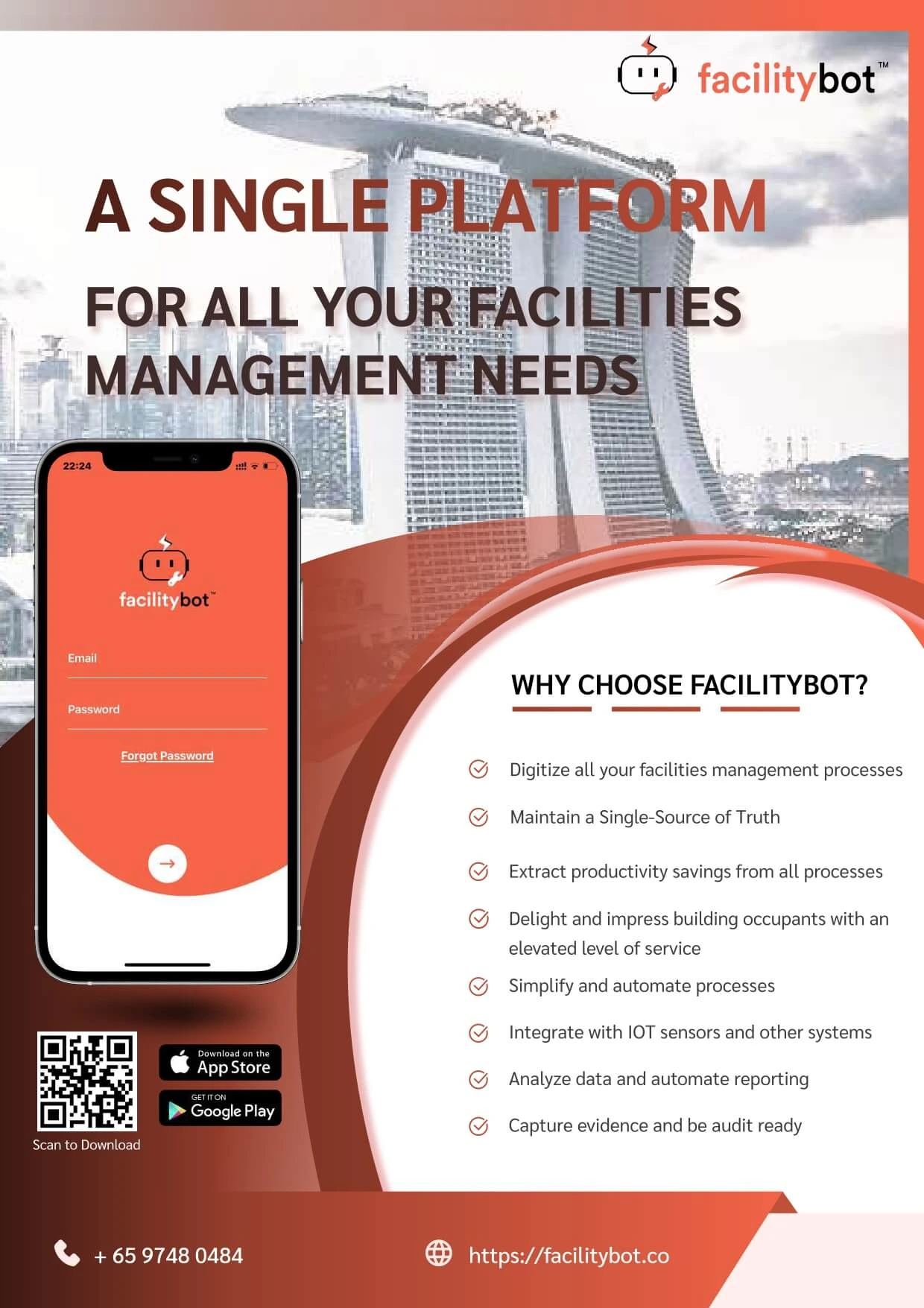If you’re exploring how to become a facility manager, you’re tapping into a growing career path with great potential. Facility managers are the behind-the-scenes heroes who ensure that commercial buildings operate smoothly, safely, and efficiently.
Whether you’re just starting or looking to advance your career, this guide walks you through everything you need to know—especially how to become a certified facility manager and what credentials can boost your job prospects.
What Does a Facility Manager Do?
Facility managers (also called business services managers or contracts managers) are responsible for the upkeep and operations of buildings and grounds. Their core duties include:

- Ensuring safety and compliance with building codes
- Managing cleaning, repair, and maintenance services
- Hiring and overseeing third-party contractors
- Creating and managing budgets
- Planning renovations, refurbishments, and installations
- Supervising groundskeeping, maintenance, and cleaning staff
How to Become a Facility Manager: 6 Key Steps
1. Complete Your Education
You can start with a high school diploma, but a degree will improve your chances of getting hired. Options include:
- Associate or Bachelor’s Degree in Facilities Management or a related field
- Master of Science in Technology – Facilities Management (for senior roles)
- Short-term vocational courses (3–4 weeks) to build foundational knowledge

These programs cover topics like HVAC systems, security, plumbing, budgeting, and sustainability.
2. Learn Basic Maintenance Skills
Before becoming a manager, it helps to understand building systems. Gain experience with:
- Heating and cooling systems (HVAC)
- Plumbing and electrical systems
- Security and fire protection systems
Hands-on technical knowledge will prepare you for real-world decision-making.
3. Get Leadership Experience
Strong leadership is essential in facilities management. Gain experience supervising teams, managing schedules, or coordinating projects. Even volunteer leadership roles can help build your resume.
4. Become a Certified Facilities Manager
Wondering how to become a certified facilities manager? These professional certifications can significantly increase your credibility and job opportunities:
🔹 Facility Management Professional (FMP)
- Entry-level certification by IFMA
- Requires passing 4 assessments (75% score minimum)
- No renewal required
🔹 Certified Facility Manager (CFM)
- Advanced IFMA credential covering 11 competencies
- Requires recertification every 3 years with continued education and practice
🔹 Sustainability Facility Professional (SFP)
- Focuses on green building management
- Includes three modules and exams
🔹 RICS Chartered Qualification (MRICS)
- Globally recognized; includes assessments and interview
- Covers core competencies like project budgeting and environmental management
🔹 RICS Associate Qualification (AssocRICS)
- For professionals with 4+ years’ experience
- Requires portfolio, case study, CPD hours, and an ethics test
🔹 LEED Green Associate
- Focuses on sustainable design and energy efficiency
- Requires 15 CE hours every 2 years
Getting certified is one of the most important steps when exploring how to become a certified facility manager.
5. Build a Strong Resume
Highlight your:
- Technical experience with HVAC, plumbing, and other systems
- Leadership and project management skills
- Certifications (FMP, CFM, SFP, etc.)
- Experience in budgeting and vendor management
Be sure to tailor your resume for job titles like “facilities coordinator,” “facilities director,” or “maintenance manager.”
6. Apply for Facility Manager Jobs
Start your job search using terms like:
- Facility Manager
- Facilities Coordinator
- Maintenance Director
- Operations Supervisor
Look on platforms like Indeed, LinkedIn, and local job boards.
Where Do Facility Managers Work?
Facility managers are in demand across various industries, including:

- Government buildings
- Schools and universities
- Hotels and hospitality
- Commercial real estate
- Corporate offices
Some manage one building, while others oversee multiple properties and travel between them.
Must-Have Skills for Facility Managers
To succeed in this career, develop skills such as:
- Communication: For team management and vendor coordination
- Budgeting: For cost-effective project planning
- Problem-solving: To address urgent maintenance needs
- Time management: To schedule repairs, inspections, and installations
Final Thoughts: Start Your Facility Management Career Today
Now that you know how to become a certified facilities manager, it’s time to take action. Whether you start with a degree, certification, or hands-on experience, there’s a clear path to success.
Facility managers are essential in keeping businesses safe, efficient, and operational. With the right training, leadership, and credentials, you can launch a rewarding career in this in-demand field.
Simplify Your Workflow with Facility Bot
Looking for the best CMMS in Sinagpore to support your facility management career? Facility Bot is a top-rated, no-code solution that streamlines maintenance requests, task tracking, and team communication—all in one place. It’s the easiest way to stay organized and efficient, whether you’re managing one site or several.




